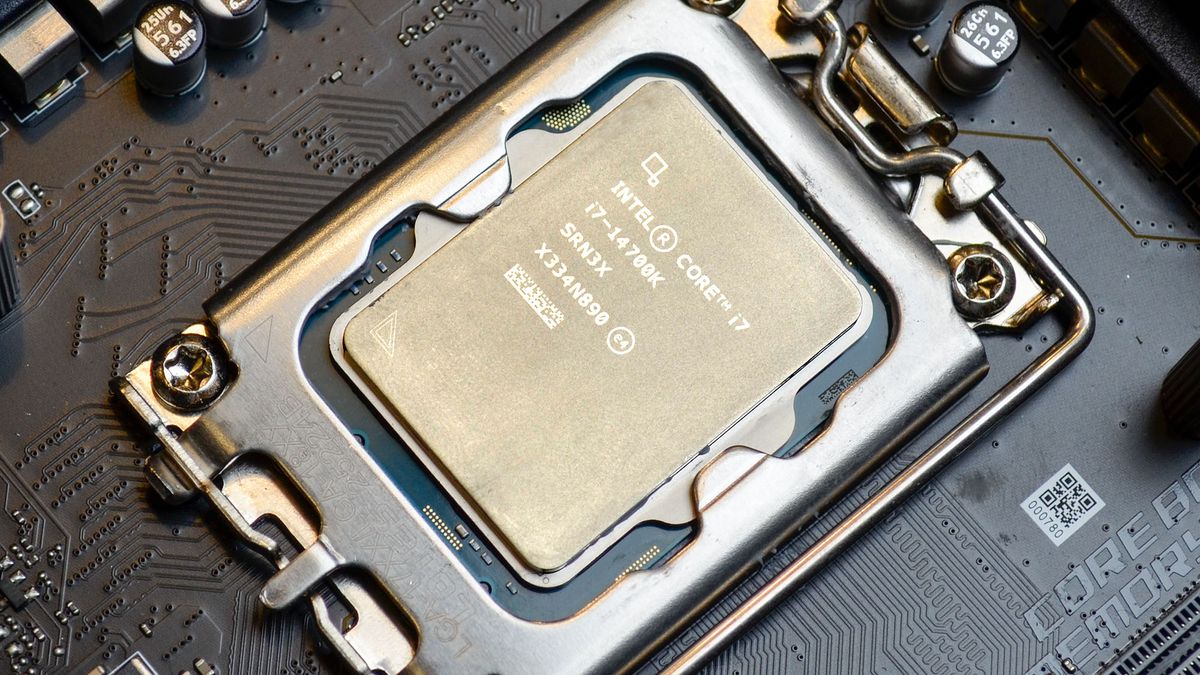Hey there! So, let’s dive into the latest buzz surrounding Intel’s processors, specifically the Arrow Lake and Lunar Lake processors, that’s been stirring up quite a conversation, all thanks to the insights from the leaker Moore’s Law is Dead. Now, before you jump on the hype train and start dreaming of a landslide victory for Intel over AMD in the battle for next-gen CPU supremacy, let’s pump the brakes and explore a bit deeper.
According to an Intel insider, Arrow Lake is set to boost performance by 25% to 35% over its predecessor, Meteor Lake. And hey, rumors even whispered of a potential 40% improvement, but let’s stick with the info we’ve got for now. This jump in performance is especially impressive considering Arrow Lake won’t be utilizing hyper-threading—a fact that’s been floating around the rumor mill for a while.
In short, Arrow Lake is shaping up to be a significant leap forward, promising to outpace AMD’s next-gen Ryzen processors, which are speculated to offer a gen-on-gen uplift of around 20% or so. But remember, in the world of tech rumors, taking things with a grain of salt is always wise.
Now, where Arrow Lake might hit a bit of a snag is in the AI department. The Neural Processing Unit (NPU) isn’t expected to dramatically outperform the current offerings found in Meteor Lake. However, Intel seems to be saving its big AI advancements for Lunar Lake, particularly in chips designed for premium thin-and-light laptops, where the NPU could hit the impressive mark of 40+ TOPS, a significant leap from Arrow Lake’s expected 13 TOPS.
The leaker believes Arrow Lake desktop CPUs are on schedule for a late 2024 launch, though whispers suggest it might initially be a paper launch with real availability following in early 2025. On the other hand, Lunar Lake, targeted exclusively at laptops, seems to be on track for a Q4 2024 release.
When it comes to integrated graphics, both processor families will sport up to 8 Xe cores. However, there’s a twist—Arrow Lake will be powered by Alchemist+, and Lunar Lake will leverage Battlemage, the latter of which aims to halve power consumption while boosting performance, particularly appealing for the evolving gaming handheld market.
Switching gears to a broader perspective, the big question regarding next-gen CPUs isn’t just about raw performance. Yes, Arrow Lake might lead straight out of the gate, but AMD’s response with its Zen 5 lineup—and possible earlier launch—coupled with a potentially more affordable price tag (thanks to less costly manufacturing processes) could stir the pot. And while Intel might shine in performance, AMD could have the upper hand in efficiency and value.
So, while Intel’s Arrow Lake sounds like a promising contender with significant performance leaps and Lunar Lake could be a game-changer for mobile computing, AMD is not to be underestimated. With both companies gearing up for late 2024 launches, the CPU battle is heating up, and it’s anyone’s game. As is often the case in the tech world, the full story goes beyond initial performance specs, with factors like price, availability, and efficiency playing crucial roles in which chip ultimately takes the crown.




